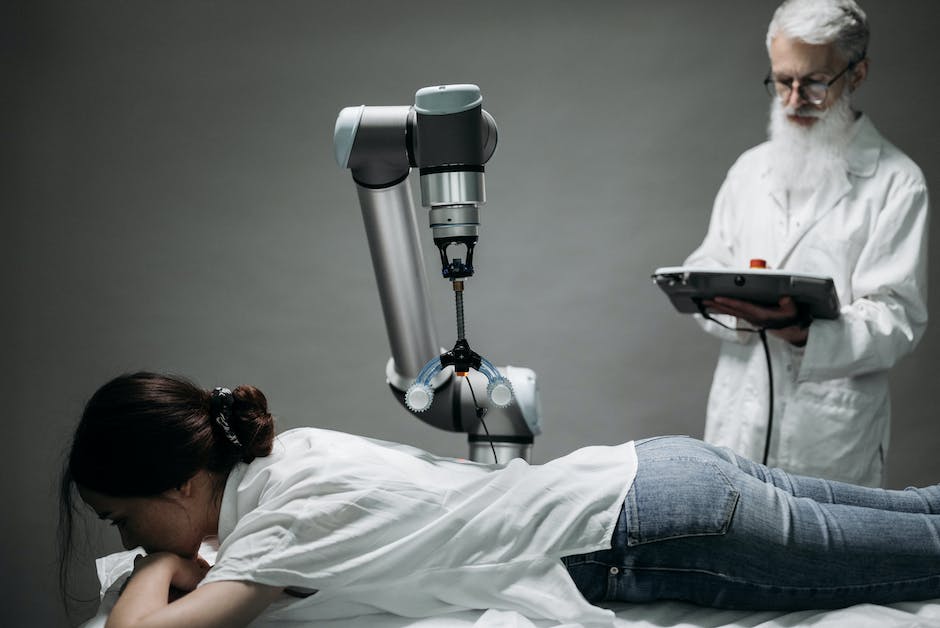Artificial Intelligence (AI) is revolutionizing medical diagnosis by providing a new level of precision and efficiency. AI algorithms, trained on vast amounts of medical data, can now identify complex patterns and make diagnostic predictions that surpass human accuracy in some cases. These advancements are transforming the healthcare industry, enabling early detection of diseases, personalized treatment plans, and improved patient outcomes. From analyzing radiology images to predicting disease progression, AI is reshaping the way medical diagnoses are made, marking a significant shift in the medical field.
How AI is Revolutionizing Medical Diagnosis: A Deep Dive into the Future of Healthcare

Artificial Intelligence (AI) is revolutionizing the world as we know it, and the medical field is no exception. The advent of AI in healthcare is transforming the way medical diagnoses are made, promising a future where diseases are detected earlier, treatments are more personalized, and healthcare is more efficient and effective.
AI’s potential in medical diagnosis is vast and multifaceted. One of the most significant ways it’s making a difference is through image analysis. AI algorithms can analyze medical images such as X-rays, CT scans, and MRIs, identifying patterns and anomalies that may be missed by the human eye. These algorithms are trained on thousands, sometimes millions, of images, learning to detect the subtlest signs of diseases such as cancer, heart disease, and neurological disorders. This not only increases the accuracy of diagnoses but also speeds up the process, allowing for earlier intervention and better patient outcomes.
Moreover, AI is also revolutionizing pathology, the study of disease. Traditionally, pathologists have had to manually examine tissue samples under a microscope, a time-consuming and sometimes subjective process. Now, AI-powered systems can analyze these samples, identifying disease markers with incredible precision and consistency. This not only reduces the workload for pathologists but also ensures that patients receive the most accurate diagnosis possible.
AI’s impact on medical diagnosis isn’t limited to image and tissue analysis. It’s also being used to predict disease risk and progression. By analyzing vast amounts of patient data, including genetic information, lifestyle factors, and medical history, AI can identify patterns and correlations that predict a person’s risk of developing certain diseases. This allows for preventative measures to be taken, potentially stopping diseases before they even start.
Furthermore, AI is playing a crucial role in personalized medicine. By analyzing a patient’s unique genetic makeup, AI can predict how they will respond to different treatments. This means that doctors can tailor treatments to individual patients, increasing their effectiveness and reducing potential side effects. This is particularly important in fields like oncology, where a one-size-fits-all approach can often be ineffective.
Despite these advancements, the integration of AI into medical diagnosis is not without its challenges. Issues such as data privacy, algorithmic bias, and the need for regulatory oversight must be addressed. However, the potential benefits of AI in healthcare far outweigh these challenges. With continued research and development, AI is set to revolutionize medical diagnosis, leading to a future where healthcare is more accurate, efficient, and personalized than ever before.
In conclusion, the AI revolution in medical diagnosis is well underway. From image analysis and pathology to disease prediction and personalized medicine, AI is transforming the way we diagnose and treat diseases. While challenges remain, the potential benefits are enormous. As we continue to harness the power of AI, we can look forward to a future where healthcare is more accurate, efficient, and personalized, ultimately leading to better patient outcomes. The future of healthcare is here, and it’s powered by AI.